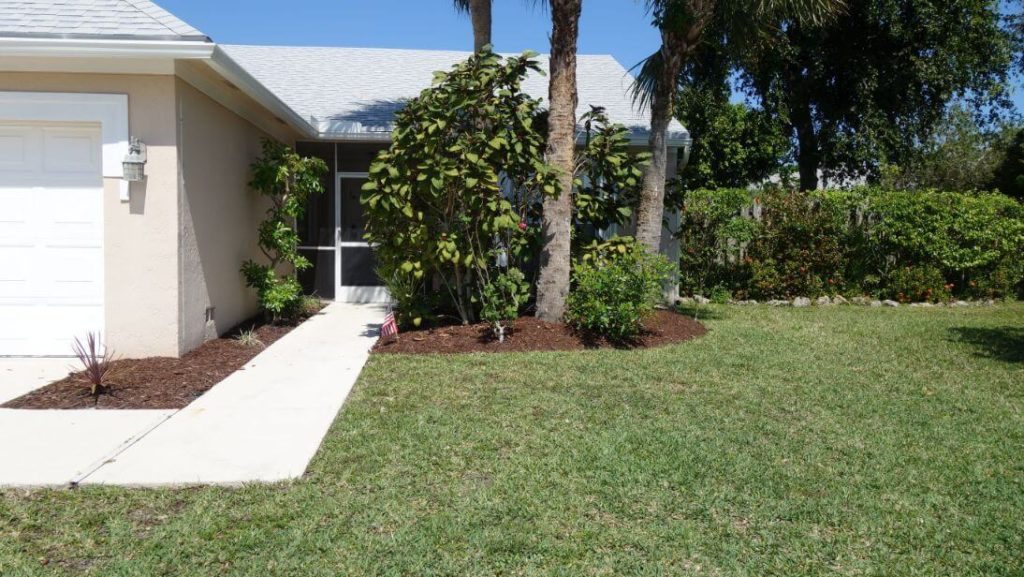For many, recovery is a time of vulnerability. For some, it’s the first time in a long time they’ve lived without the insulating effects of substances. For others, it may be the first time ever they’ve opened up about the problems and issues which may have driven their substance abuse. Finally, for most recovery is when they’re leaving their old surroundings and familiar people behind in order to move past their problems.
Couple this vulnerability with a search for a sober living house in a time where homes aren’t easy to find, and you can see how a search can become pretty stressful. For some, the stress can be enough where they’re willing to overlook certain faults when they find a sober living house that appears to meet their needs.
This is a bad mistake. A poorly-run and maintained sober house won’t just jeopardize your recovery – it might put your life at risk. Nothing’s worth gambling on an unsafe environment; if it means living on a friend’s couch, with family, or at a treatment facility while your search continues, so be it. You and your recovery are worth a careful search.

Here’s some major red flags to look for and run away from if you see them on your search:
- The house is rundown or clearly unsafe: A house that’s obviously not maintained, is dirty, or appears to be missing basic safety equipment like fire alarms is one you really should avoid. The owners might be nice; your roommates might mesh with you perfectly … but is that worth living in a house that’s falling apart, or risking a fall down the stairs?
- They dodge regulators and/or there’s no trained or certified staff on premises: Industry regulations can seem like a pain, but the bottom line is they’re there for your safety. It’s also important to have staff which understands the needs of people in recovery. Remember, you’re putting yourself in their hands and will be sleeping under the same roof as them.
- The house has no house rules: This is a biggie. Recovery is about structure; even people who’ve never been in recovery need boundaries, schedules, and a list of dos and don’ts if they want to succeed. Also, if they lack provisions around safety and privacy, look elsewhere for a sober place to live. Bottom line: if a sober house has no house rules … it’s probably not a sober house.
- Has no abstinence requirement … or doesn’t regularly drug test: We get that a lot of treatment philosophies are moving away somewhat from total abstinence and focusing more on harm reduction. But the entire point of a sober living house is right there in the name. It’s a place where people learn to live apart from the substances that were wrecking their lives. And as annoying as drug tests can be, they are absolutely critical to the health and safety of everyone in the house. A person using substances can wreck the hard work of everyone around them.
- There’s no admission requirement: Again, if a sober house doesn’t have some basic requirements for admission – like being in active recovery from a substance use disorder – is it really a sober living house? It’s a simple enough question – if they’re not in recovery (or working for the house) then why are they living there in the first place?
- They don’t keep records: Again, regulations are there for a reason. Keeping track of client records is important – by knowing their clients’ recovery, legal, and medical histories, sober house staff are better able to respond to their clients’ needs … and mediate if any difficulties come up.
- They don’t have ethical standards: Reputable sober living houses will have a list of basic principles, such as recognizing the worth and dignity of their clients (including sexual minorities), promising to keep the house up to neighborhood standards, have a zero-tolerance policy towards violence, etc. Like regulations and house rules, these standards keep everyone safe, help keep drama to a minimum and ensure the house is run fairly for all.
Don’t Search For Sober Living Houses Alone – You Need A Guide
Remember, searching for a sober living house while navigating recovery can be overwhelming. If you’re fortunate enough to have a loved one who’s engaged in your recovery, try enlisting them to help you find a sober living house to live in as you recover. If you don’t? Ask your case manager, therapist, or rehab center staff for input – many of them have a deep understanding of how hard this search can be.
We completely get how challenging searching for a sober house can be, which is why we developed SoberLivingNearYou.com. Our directory puts thousands of sober living houses at your fingertips. You’ll be able to match yourself (or your loved one or client) with a house ideal for their specific needs, budget, and more.
Start now with SoberLivingNearYou.com!



